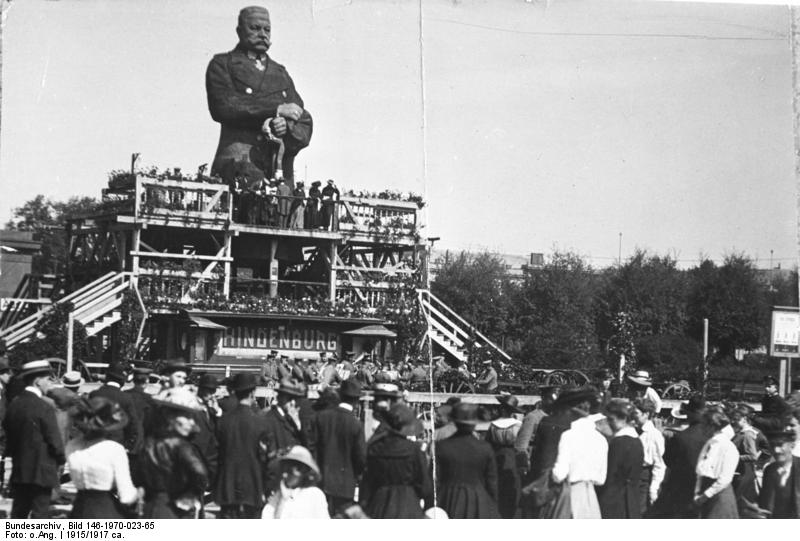
The final round of the 1925 presidential elections was held in Germany on this day, where for the first time in the history the German President was directly elected. As many as 17 candidates entered the first round of the elections, but no one received an absolute majority, so a second round was necessary. The second round, which took place on this day, featured three candidates:
- Field Marshal Paul von Hindenburg (independent candidate)
- Wilhelm Marx (Centre Party candidate)
- Ernst Thälmann (candidate of the Communist Party of Germany).
The situation was quite complex. Namely, the Catholic politician Wilhelm Marx was from the Centre Party (Zentrum). In fact Marx was, until January of that year, also the German Chancellor. The Communists were represented by the famous Ernst Thälmann, known for his rather extreme left-wing views. The thing was that the left found itself divided between communists and social democrats. They were in a dispute because of Thälmann’s extreme leftism and because of the general lack of trust between the social democrats as moderate leftists and the communists as extreme leftists.
In the end, there was a seemingly paradoxical situation that moderate leftists (social democrats) voted mostly for the catholic candidate Marx. On the contrary, communists voted for the conservative rightist Hindenburg, so that Marx would not win. All in all, Hindenburg won 48.3% of the votes and became the new German President (Reichspräsident). Catholic Wilhelm Marx was in second place with 45.3% of the vote, while Communist leader Ernst Thälmann was left in last place with only 6.4% of the vote. Let us just mention that the name Marx in Germany cannot be linked only to the “father” of communism, Karl Marx. For example, the current Catholic Archbishop of Munich and Freising carries the surname Marx (Cardinal Reinhard Marx).




